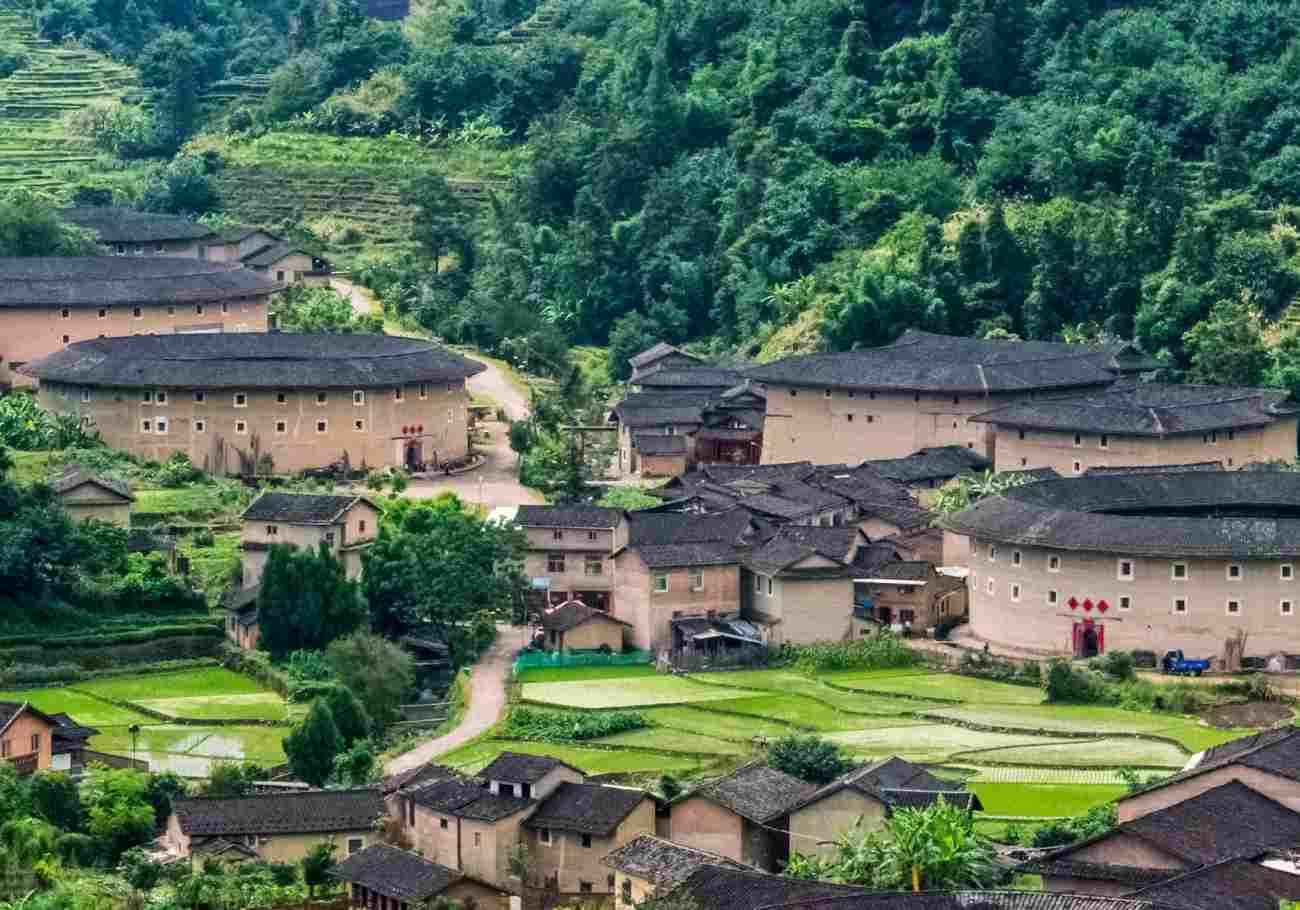
The Hakka community, often known as “Khek” or “Ke-Jia,” holds a distinctive place in Chinese history, marked by their nomadic journey from the Yellow River to the coastal regions of Guangdong and Fujian.
This migratory lifestyle, known as ‘Yi Guan Nan Du,’ significantly influenced southern China’s economic and cultural development. Today, the Hakka diaspora extends across Southeast Asia, creating a network of Hakka culture and influence.
Hakka spirit: Resilience & education shape identity
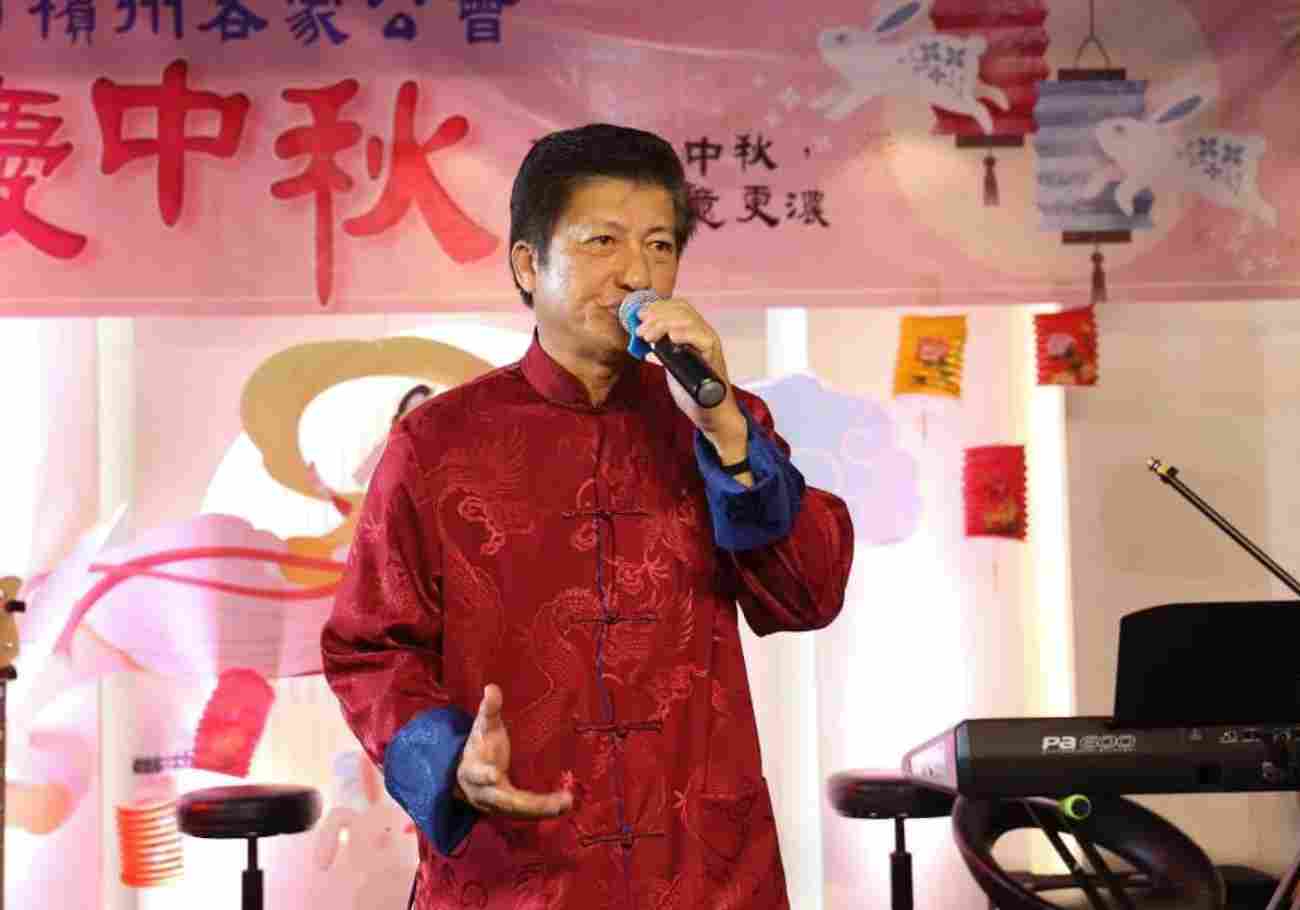
The Hakka people, known for their resilience and versatility, have left an indelible mark on the regions they settled.
Dato’ Pang Yun Tiam, president of the Penang Hakka Association, highlighted the Hakka commitment to education, saying, “The importance of education has consistently been ingrained in the mindset of Hakka communities.”
Despite a decline in Hakka fluency among the younger generation, the association strives to revive the language and heritage through Hakka dialect classes and cultural courses.
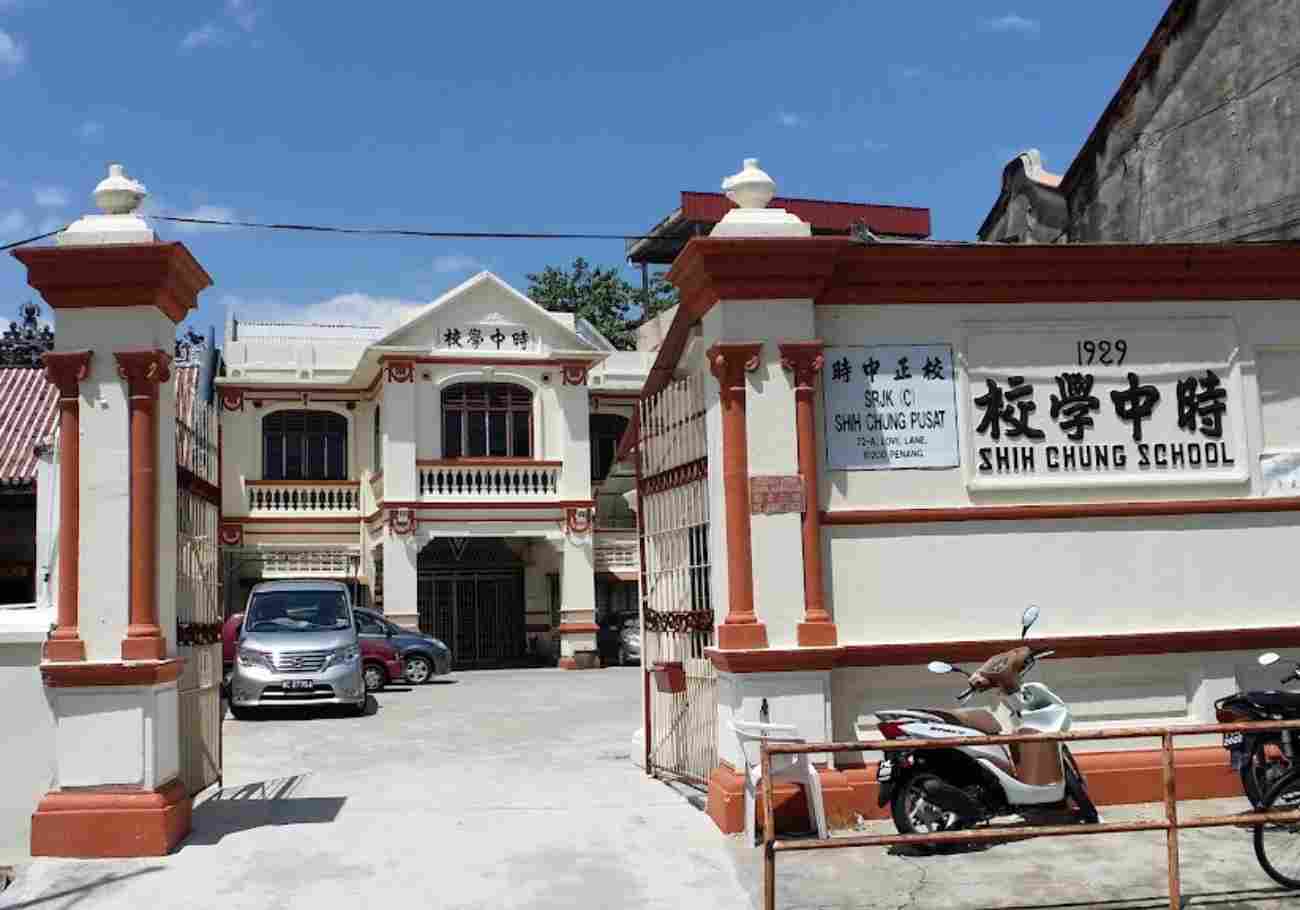
Penang Shih Chung Primary School, founded by the Hakka community, remains a testament to their dedication to education.
Pang affirmed their commitment to the school’s development, showcasing the Hakka Association’s ongoing role in supporting educational initiatives.
Reflecting local influences & a bridge to heritage
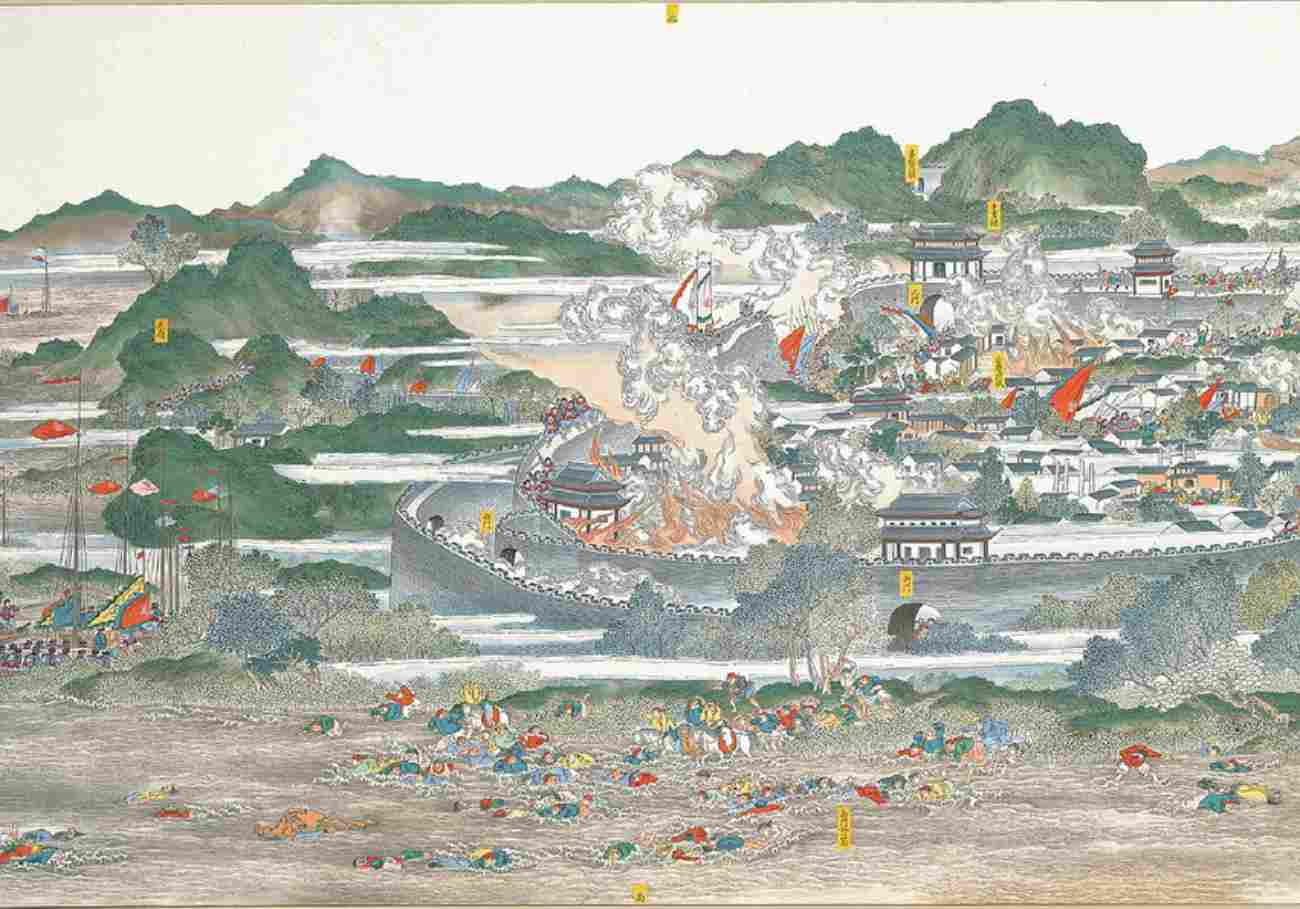
Raymond, a second-generation Hakka and history enthusiast, shed light on the Hakka migration during the 4th century and the Qing dynasty, highlighting their role in the Taiping Rebellion.
Their journey through Songkou port and subsequent migration to Southeast Asia played a pivotal role in shaping Hakka culture and influence.
In Malaysia, the Hakka community, constituting the third most populous Chinese ethnic subgroup, has dispersed across various towns and cities, enriching the cultural landscape.
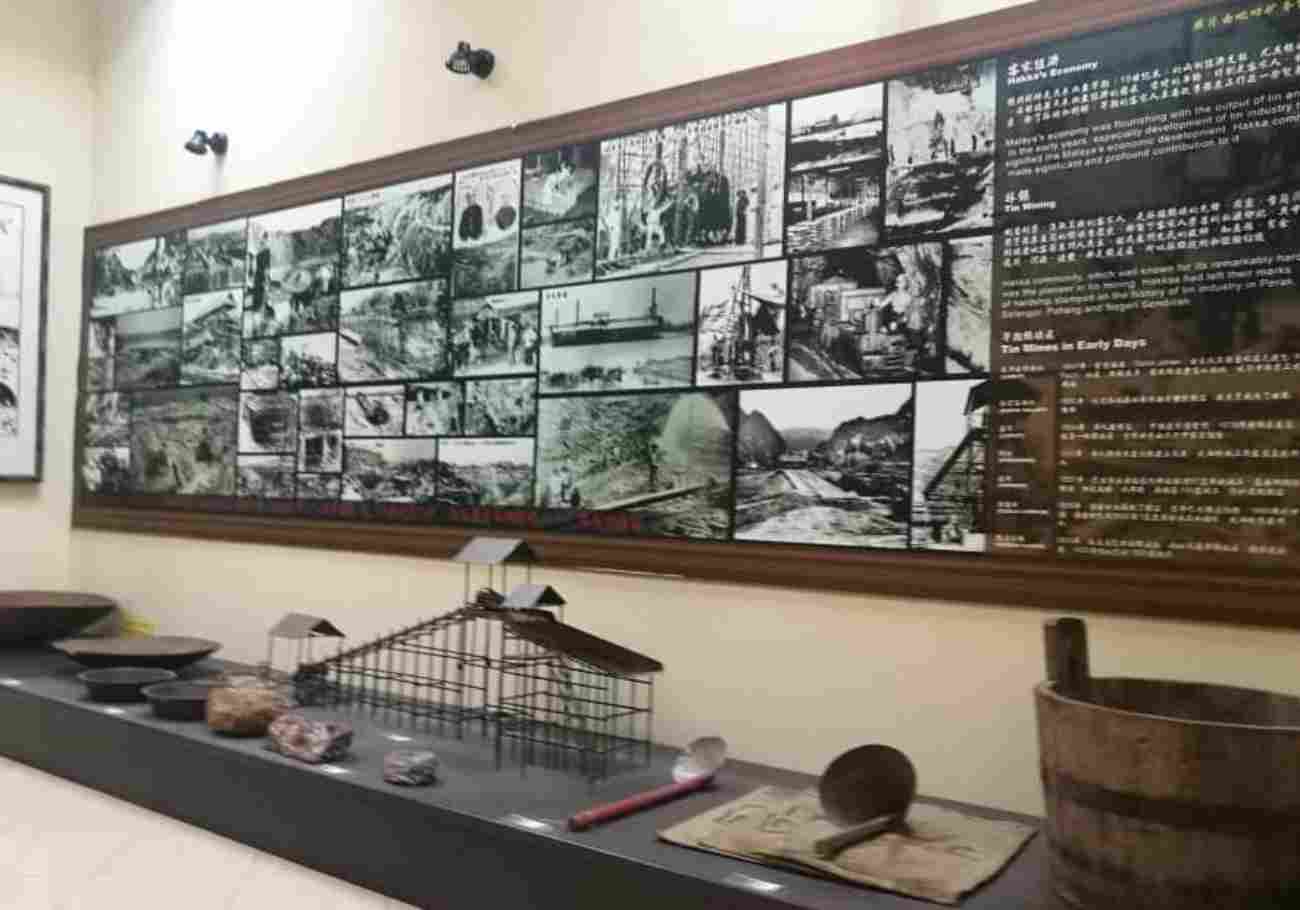
Sean Ang, a future-trend observer, emphasised the linguistic diversity within the Hakka community, attributing it to influences from the localities they inhabit.
The Hakka language serves as a bridge between their unique heritage and the broader Chinese cultural landscape.
The richness of Hakka culture extends beyond language to culinary heritage. Celebrated for their diverse range of culinary delicacies, the Hakka community adds a unique dimension to Malaysia’s cultural tapestry.
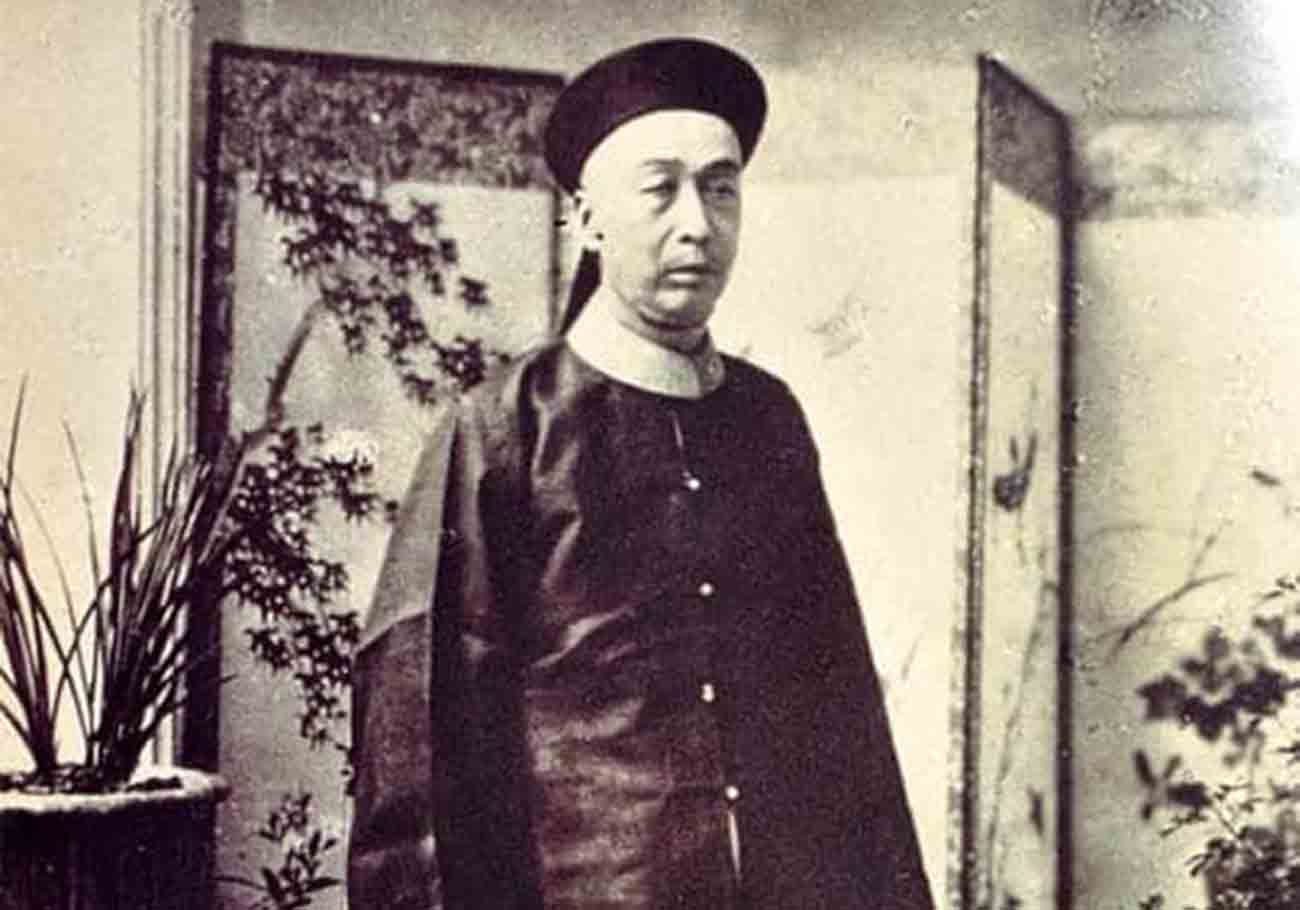
Popular Hakka cuisines like Yellow Wine Chicken, Baked Salted Chicken, Mei Cai Zhu Rou, Yong Tau Foo, and Vinegar Pork showcase their culinary prowess.
Notable Hakka figures like Kapitan Yap Ah Loy, Cheong Fatt Tze, Lee Kuan Yew, and Jimmy Choo have made significant contributions.
The Penang Hakka Association, through its Heritage Centre, stands as a guardian of Hakka history, engaging in various events and initiatives to preserve and promote Hakka culture.
Pang expressed their commitment, saying, “We want to keep the Hakka culture alive in Penang,” ensuring that the Hakka legacy continues to thrive in the modern era.


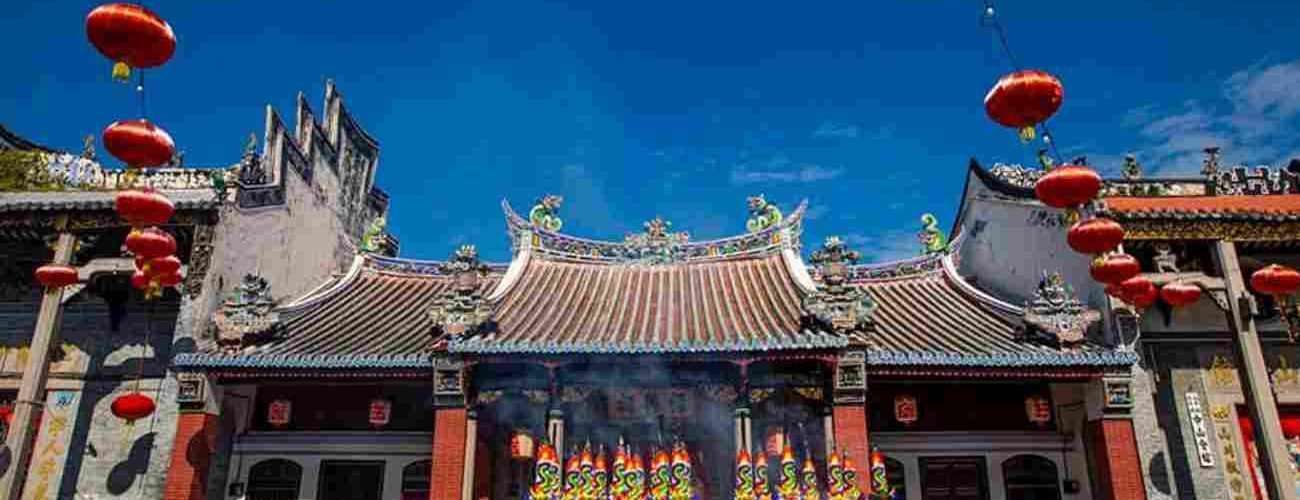


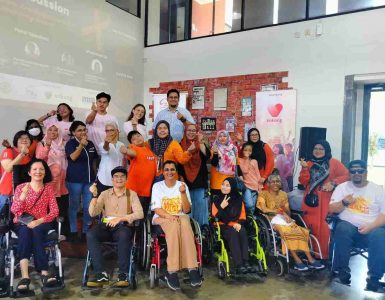


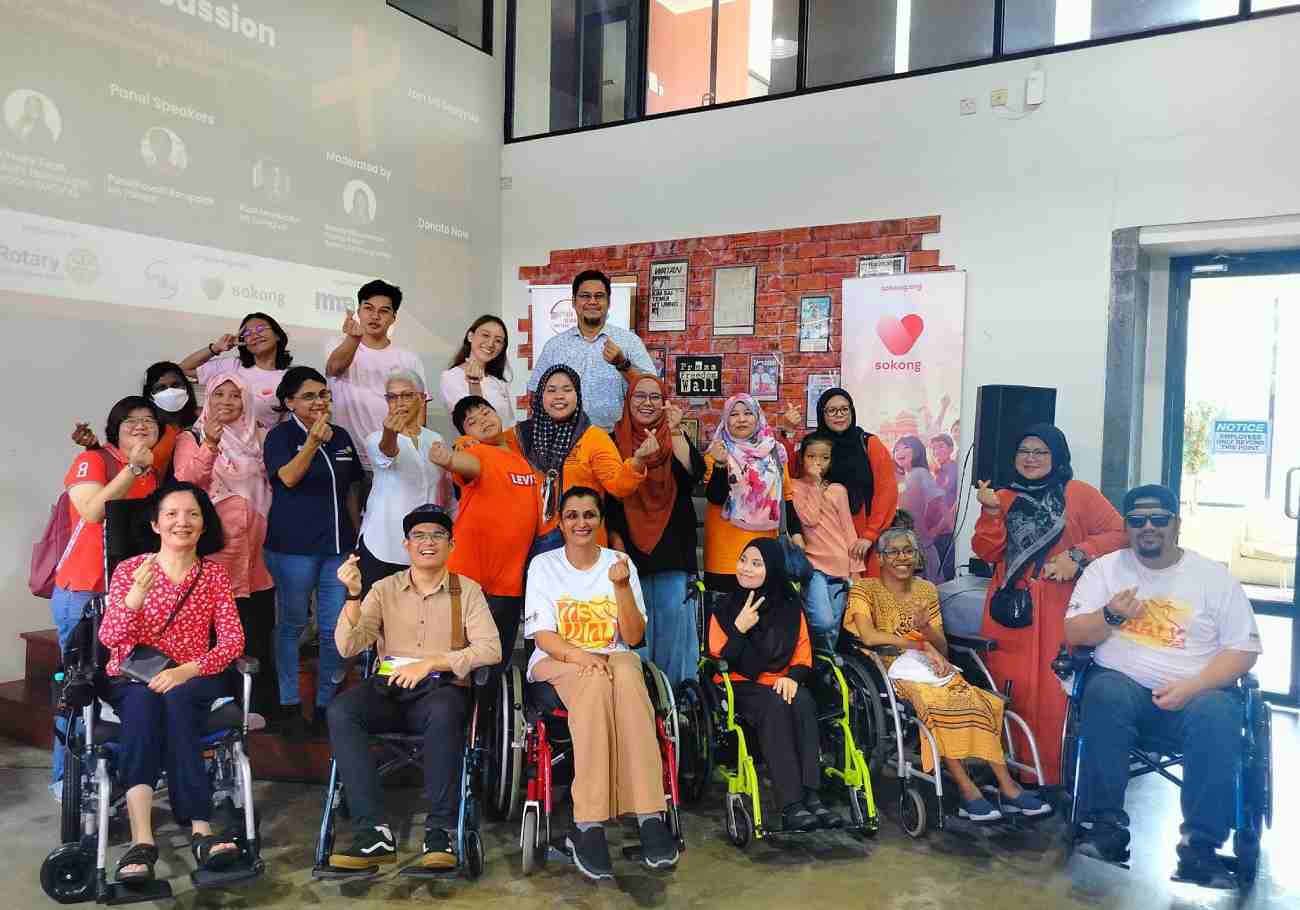

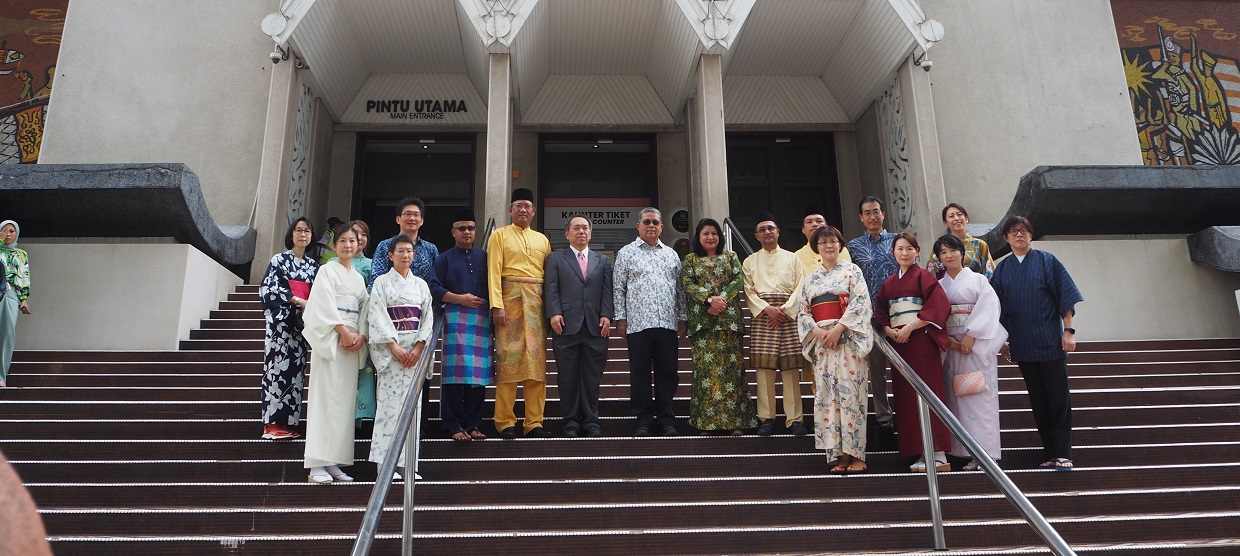

Add comment